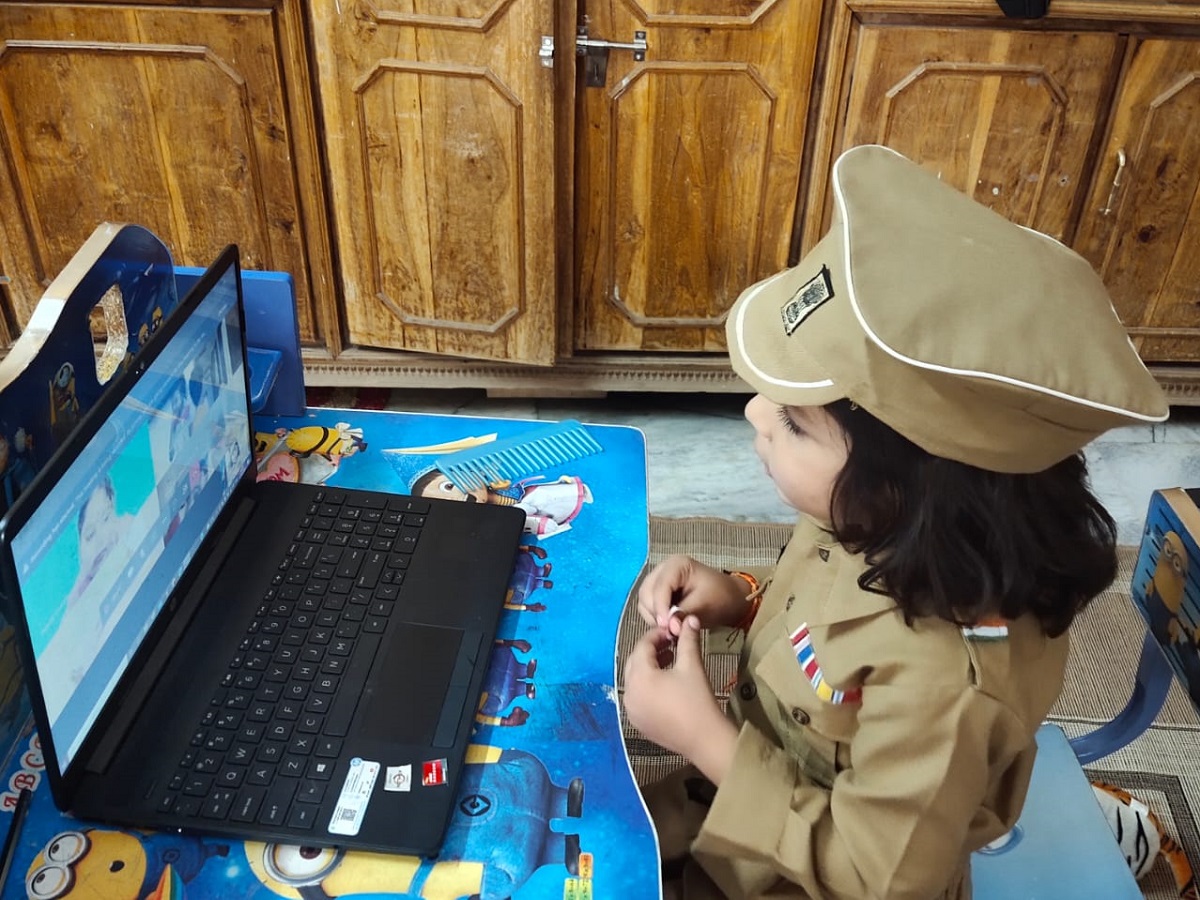Importance of Play Based Learning in Early Years
- 14 August 2021

“Play is the highest form of research” – Albert Einstein
Play is a crucial part of a child’s early development. Playing helps develop young children’s brains. It also assists their language and communication skills to mature. It not only develops the motor skills in children but also teaches them about problem-solving, thus developing physical, cognitive, and emotional strength in them. It allows children to use their creativity while developing their imagination and dexterity.
Diamond, Barnett, Thomas & Munro (2007) and Hyson, Copple & Jones (2007), found that children attending pre-schools using play-based curriculum achieved higher scores on measures of executive function, skills underpinning self-regulatory abilities, than children attending regular, instruction-based preschools.
Play is important to healthy brain development. It is through play that children at a very early age engage and interact in the world around them. Unsurprisingly, play-based learning also plays a vital role in the development of healthy social and emotional habits in children. When children play with other children, they learn to cooperate, communicate, and interact with their peers in a way that ensures they feel a part of their young community.
Many parents intuitively know why play is very important to children, but despite its many benefits, we rarely associate play with learning. For most people, learning involves acquiring a particular new skill, like memorizing alphabets, counting, writing, etc. They often believe that playing is only for fun and involves no actual learning. However, according to studies, playing is learning (give the reference of any study in this regard – see notes).
The benefits of play are crucial to allowing a toddler to develop appropriately. Children’s early years should be about fostering and developing their curiosity through a good variety of play experiences. Play-based learning is a style of early childhood education based on child-led and open-ended play. Play-based learning helps children develop social skills, motivation to learn, and even language and numeracy skills. Taking initiative, focused attention, and curiosity about the world are all a part of play-based learning.
Parents who play with their children form a stronger bond with them. Even an easy game like peekaboo can become a special bonding moment for both parents and kids. These interactions provide positive life experiences that stimulate children’s brain development. Last but not least, happy, playful moments are some of the most precious gifts we are able to give our youngsters.
Author:

Ms Arekha
Cambridge Early Years Facilitator,
Oakridge International School, Visakhapatnam